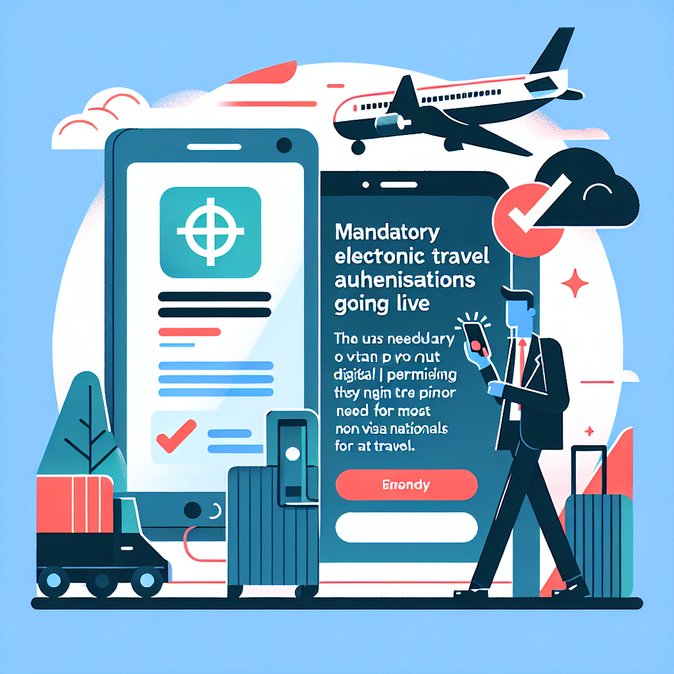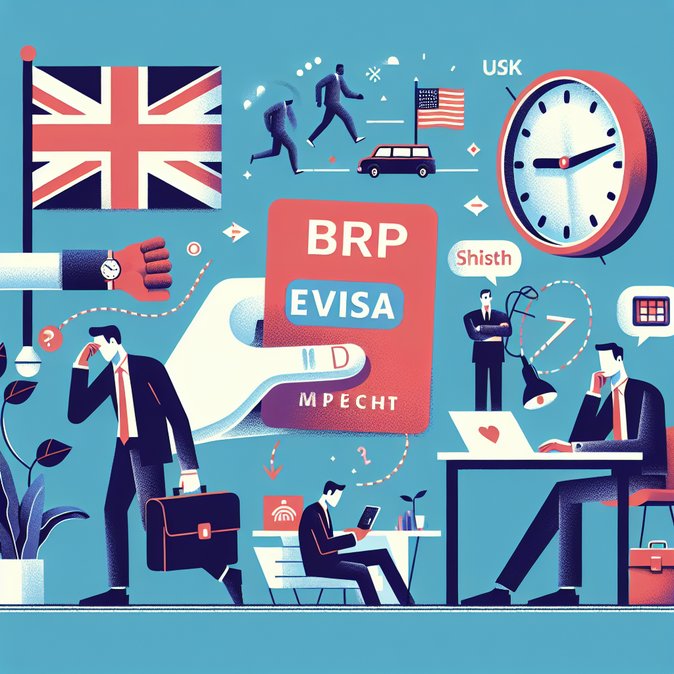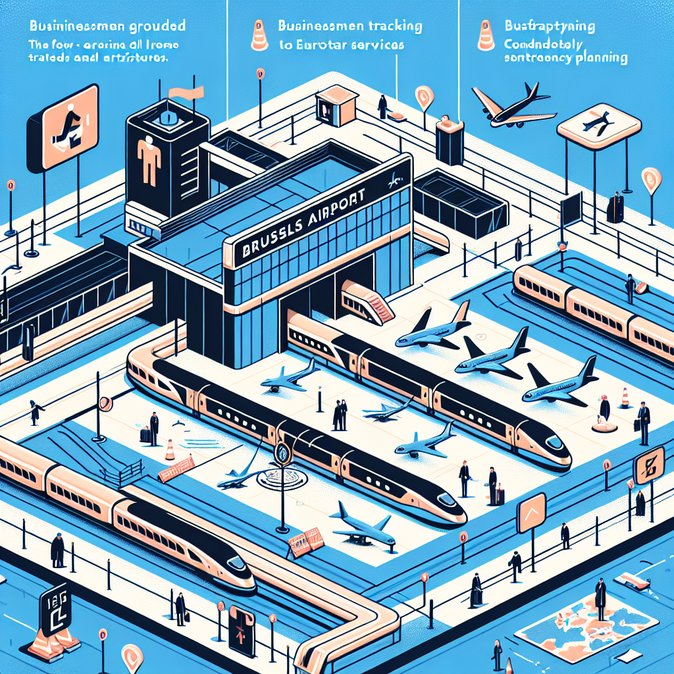
The Home Office has confirmed that the United Kingdom will begin strictly enforcing its new Electronic Travel Authorisation (ETA) programme on 25 February 2026, under the slogan “No permission, no travel.” From that date, nationals of 85 visa-waiver countries—including the United States, Canada, Australia, most EU member states and several Gulf jurisdictions—must hold an approved ETA before boarding a plane, train or ferry to the UK, even if they intend only to transit.
The £16 digital permit, obtained via a mobile app or web portal, requires travellers to submit biographic, passport and security-screening data. Most decisions are issued automatically within minutes, but the Home Office advises applicants to apply at least three working days before departure to allow for manual reviews where necessary. Airlines, Eurostar and ferry operators will be required to confirm ETA status at check-in, with carriers facing penalties for transporting non-compliant passengers.
British and Irish citizens, UK visa holders and lawful residents remain exempt, but dual British nationals are being urged to travel on a valid UK passport to avoid carrier-imposed boarding refusals. The ministry says more than 13 million ETA applications have already been approved during the phased rollout that began in October 2023, reducing queuing times and providing richer advance passenger data to Border Force.
![UK sets firm start date for Electronic Travel Authorisation: “No permission, no travel” from 25 February 2026]()
For business-travel and global-mobility teams, the message is clear: start building ETA checks into travel approval workflows now. Multinational employers should audit traveller populations to identify frequent short-term visitors who have relied on visa-free entry in the past—including executives attending board meetings, engineers on installation projects and assignees transiting via Heathrow. Travel policies should be updated to spell out lead-time expectations, cost-allocation and reimbursement procedures, and contingency plans if an ETA is refused.
The ETA is part of a wider push to digitise the UK border. By the end of 2026 the government aims for all visitors to hold either an ETA or an eVisa, enabling a future “contactless corridor” in which most travellers enter via biometric gates without seeing an officer. Employers therefore need to prepare staff—and HR systems—for a fully paperless permissions regime in which digital status must be proved on demand via QR code or share-code links.
Although the launch date falls 15 months away, today’s definitive enforcement announcement removes any lingering doubt. Companies that move early will avoid last-minute scrambles and demonstrate proactive duty-of-care to internationally mobile staff and visitors.
The £16 digital permit, obtained via a mobile app or web portal, requires travellers to submit biographic, passport and security-screening data. Most decisions are issued automatically within minutes, but the Home Office advises applicants to apply at least three working days before departure to allow for manual reviews where necessary. Airlines, Eurostar and ferry operators will be required to confirm ETA status at check-in, with carriers facing penalties for transporting non-compliant passengers.
British and Irish citizens, UK visa holders and lawful residents remain exempt, but dual British nationals are being urged to travel on a valid UK passport to avoid carrier-imposed boarding refusals. The ministry says more than 13 million ETA applications have already been approved during the phased rollout that began in October 2023, reducing queuing times and providing richer advance passenger data to Border Force.

For business-travel and global-mobility teams, the message is clear: start building ETA checks into travel approval workflows now. Multinational employers should audit traveller populations to identify frequent short-term visitors who have relied on visa-free entry in the past—including executives attending board meetings, engineers on installation projects and assignees transiting via Heathrow. Travel policies should be updated to spell out lead-time expectations, cost-allocation and reimbursement procedures, and contingency plans if an ETA is refused.
The ETA is part of a wider push to digitise the UK border. By the end of 2026 the government aims for all visitors to hold either an ETA or an eVisa, enabling a future “contactless corridor” in which most travellers enter via biometric gates without seeing an officer. Employers therefore need to prepare staff—and HR systems—for a fully paperless permissions regime in which digital status must be proved on demand via QR code or share-code links.
Although the launch date falls 15 months away, today’s definitive enforcement announcement removes any lingering doubt. Companies that move early will avoid last-minute scrambles and demonstrate proactive duty-of-care to internationally mobile staff and visitors.


